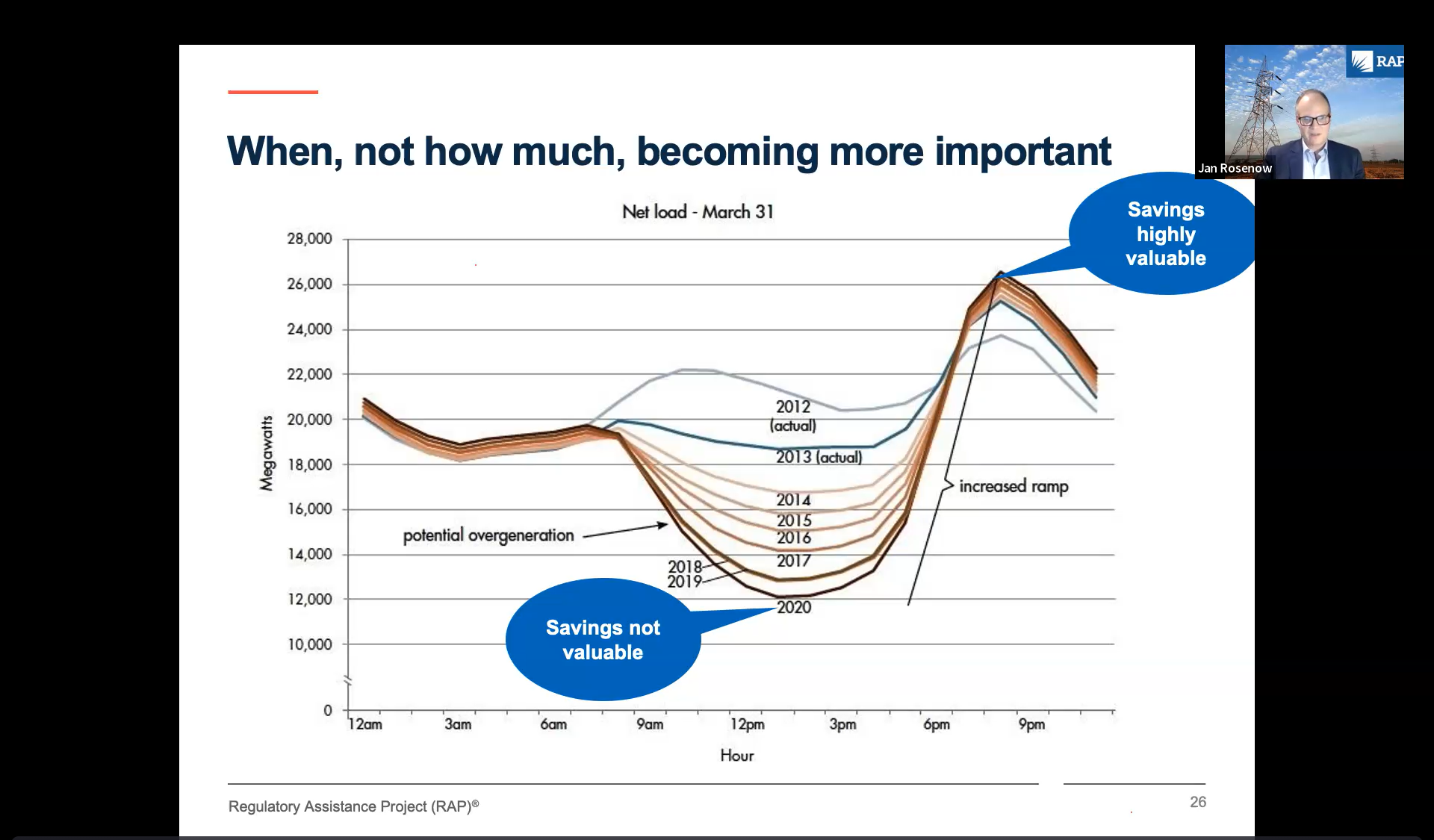 Monday, October 30, 2023
Monday, October 30, 2023
As part of our ‘‘WEC Mondays-Guest Speaker Series’’ we hosted Dr. Jan Rosenow, Director of European Programmes at the Regulatory Assistance Project (RAP).
In Dr. Jan’s presentation on ‘‘Efficient & Smart Electrification’’, Dr. Jan highlighted:
- The current final energy demand discussion focuses primarily on increasing renewable energy capacity and reducing dependence on fossil fuels. This however is only the tip of the iceberg, heating & cooling combined with transport make up almost 80% of final energy consumption today. While in transport, electric vehicles are on the rise, not enough attention is paid to make the heating & cooling sector more energy efficient.
- Transition to clean energy is happening worldwide and it’s unstoppable. The share of solar and wind in global electricity capacity additions has been increasing in the last decade which enabled policy makers in EU, The US and The UK to set ambitious targets to have fully decarbonized power system by mid-2030.
- The future of energy is increasingly distributed. Although centralized power generation capacity still dominates the power system, the percentage of additional distributed energy resources (DER) capacity is on the rise. By 2030, new DER capacity additions will be twice as much as centralized generation capacity.
- Electrification could reduce final energy demand by 40%. In the transport sector for instance, electric vehicles are 3-4 times more energy efficient than internal combustion engine cars in terms of final energy use. In order to decarbonize buildings, heat pumps should be widely used. They are significantly more efficient than any other heating system. With heat pumps, 1 unit of electricity input will result in 3-5 units of heat output.
- We’ve seen almost 40% heat pump market growth in Europe in 2022. Contrary to popular belief, heat pumps can function in cold climate which in part explains why countries like Norway and Finland have the highest heat pump utilization and lowest carbon emissions from heating in Europe.
- Smart electrification should specifically be targeted in order to achieve more system flexibility and less reliance on energy storage. Final energy consumers should be able to oversee their smart meters to avoid peak demand, smart charging tariffs and services should become more available for customers to adapt to smart electrification.
- Targeted energy savings should be the benchmark and not how much energy is saved. Saving solar energy at 2pm in California might cost more to curtail solar energy than to simply use it. Consequently, saving energy in the evening hours in California would be far more valuable. In short, energy saving should focus on creating value in the energy system by taking the timing, geographics and the context of the energy system into account.
